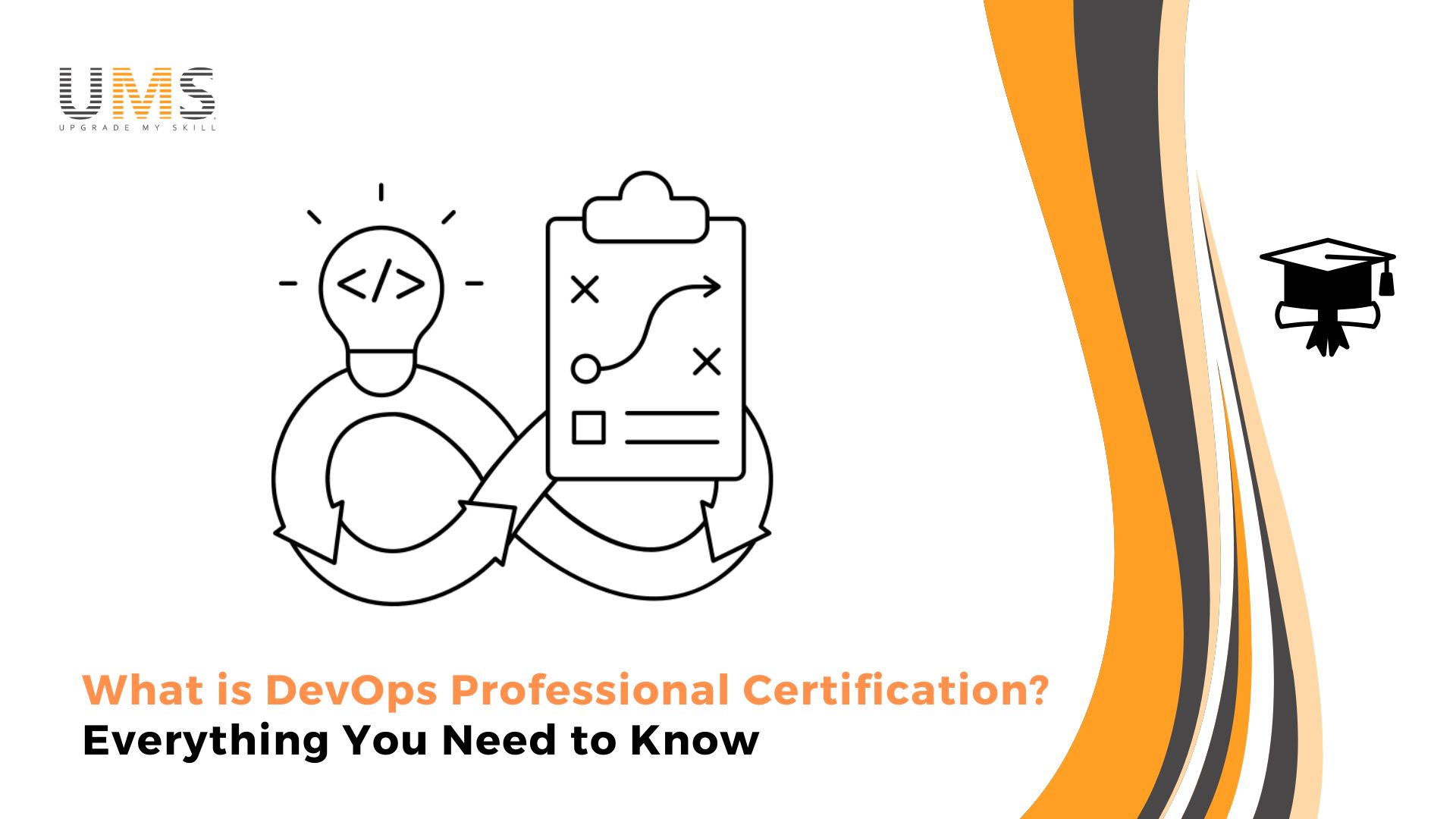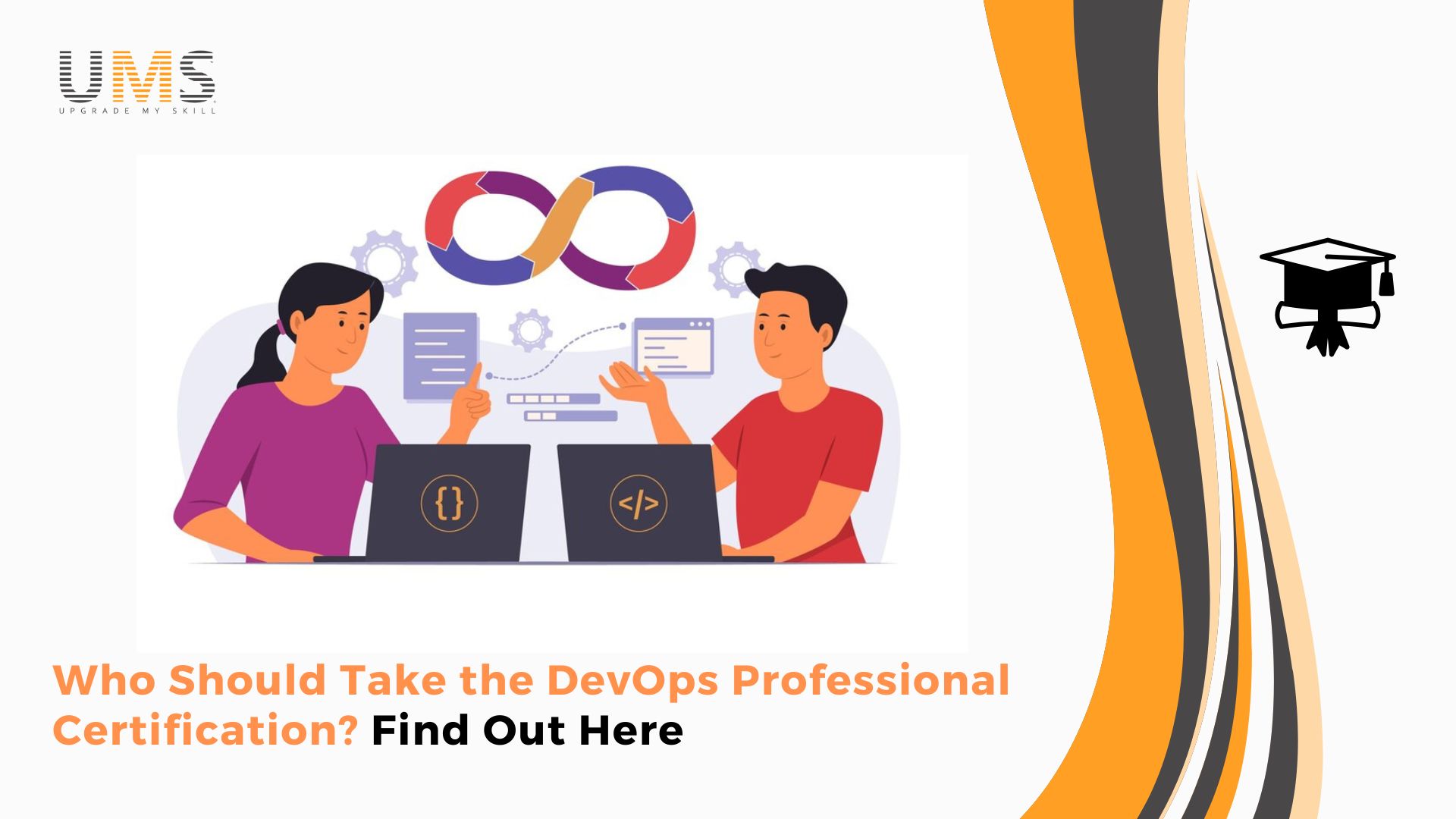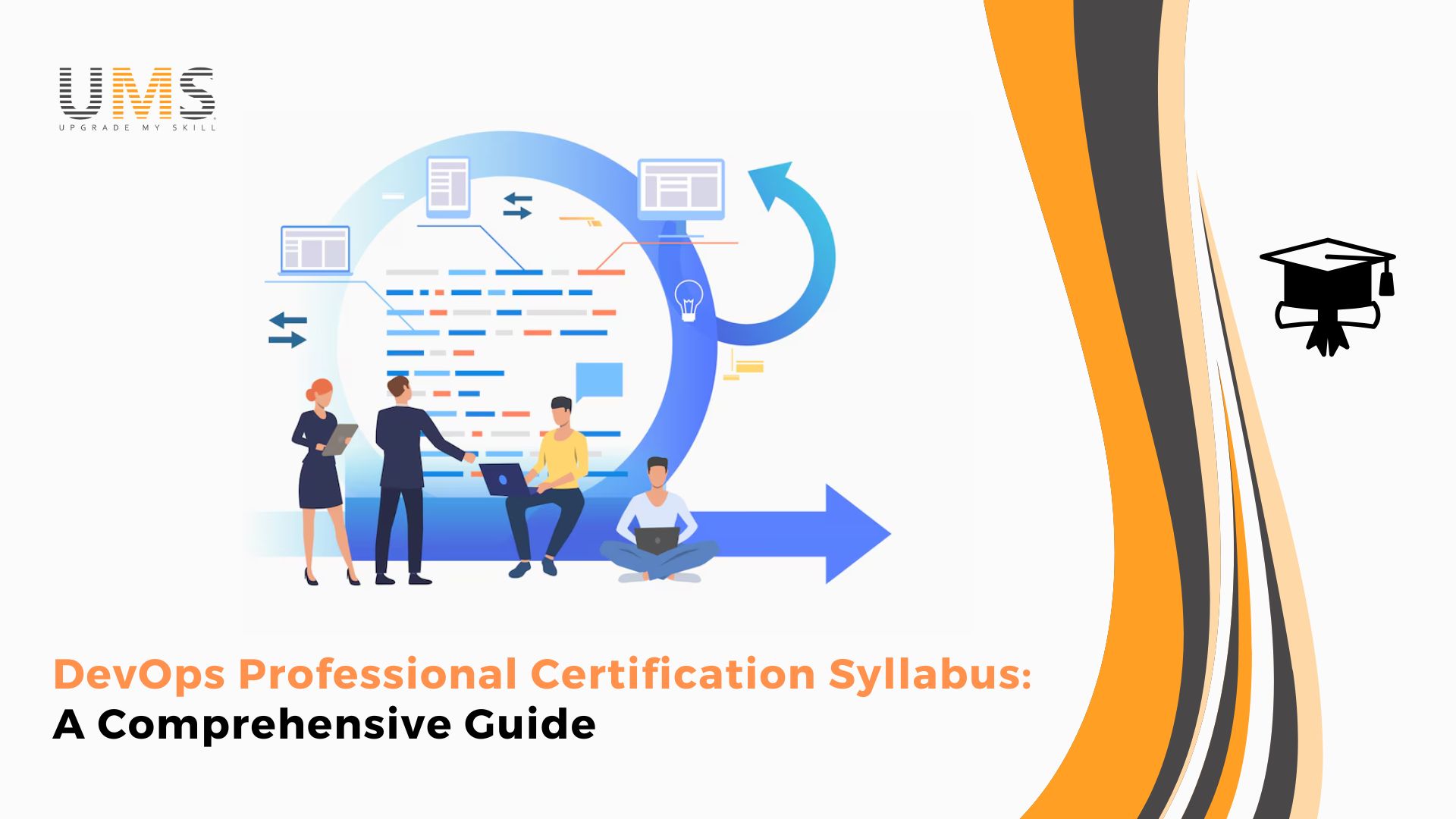- Posted By Admin
- Apr 24, 2025

In today’s fast-paced world of software development, organizations are adopting DevOps practices to break down silos between development and operations teams. The ultimate goal is to deliver applications and services faster, with higher quality and reliability. The DevOps Professional Certification is a valuable credential for anyone looking to deepen their understanding of DevOps practices and accelerate their career in this high-demand field.
Whether you’re an IT professional looking to specialize in DevOps or a developer seeking to enhance your skills, this certification provides a comprehensive foundation to excel in the world of DevOps.
DevOps is a cultural and technical movement that aims to improve collaboration between development (Dev) and IT operations (Ops) teams. It brings together processes, tools, and mindsets to ensure faster and more reliable software delivery. By emphasizing automation, continuous integration, continuous delivery (CI/CD), and collaboration, DevOps breaks down the traditional barriers between teams and speeds up product releases.
DevOps isn’t just about tools; it’s a philosophy that promotes shared responsibility, transparency, and continuous feedback. The ultimate goal is to create a more streamlined and efficient workflow where teams can deliver high-quality software quickly and respond to changes seamlessly.
As organizations continue to embrace DevOps practices, the demand for skilled professionals who can implement and manage DevOps pipelines is skyrocketing. Here’s why obtaining a DevOps Professional Certification is important:
There are a variety of DevOps certifications designed for different stages of your career. Some of the most popular certifications include:
Achieving DevOps Professional Certification provides a wide range of benefits that can positively impact both individuals and organizations:
The DevOps Professional Certification is ideal for professionals working in IT, software development, system administration, and cloud computing. The following individuals would benefit the most from this certification:
Becoming certified as a DevOps professional generally involves the following steps:
At Upgrade My Skill, we offer comprehensive DevOps Professional Certification Training designed to provide you with the skills needed to excel in a DevOps role. Here's what sets us apart:
Take your DevOps career to the next level today by enrolling in our DevOps Professional Certification Training!
Fast Filling! Hurry Up.
Fast Filling! Hurry Up.
The DevOps Professional Certification is an essential stepping stone for anyone looking to advance their career in the ever-evolving world of software development and IT operations. As organizations continue to prioritize faster, more reliable software delivery, the need for skilled DevOps professionals has never been greater.
By earning this certification, you demonstrate your expertise in key DevOps practices, enhance your career prospects, and position yourself as a valuable asset to organizations embracing the future of technology.
Whether you’re just beginning your DevOps journey or looking to deepen your expertise, this certification will provide the foundational knowledge and practical skills you need to succeed. Join the ranks of professionals driving innovation in the tech industry and take the first step toward mastering DevOps today.
Invest in your career, improve your skills, and become a part of the global DevOps community committed to continuous improvement and excellence.

The DevOps Professional Certification is ideal for IT professionals, software developers, system administrators, project mana...

DevOps Professional Certification validates your expertise in DevOps tools and practices, boosting career growth, salary pote...

DevOps Professional Certification validates expertise in automating software development and enhancing collaboration between...